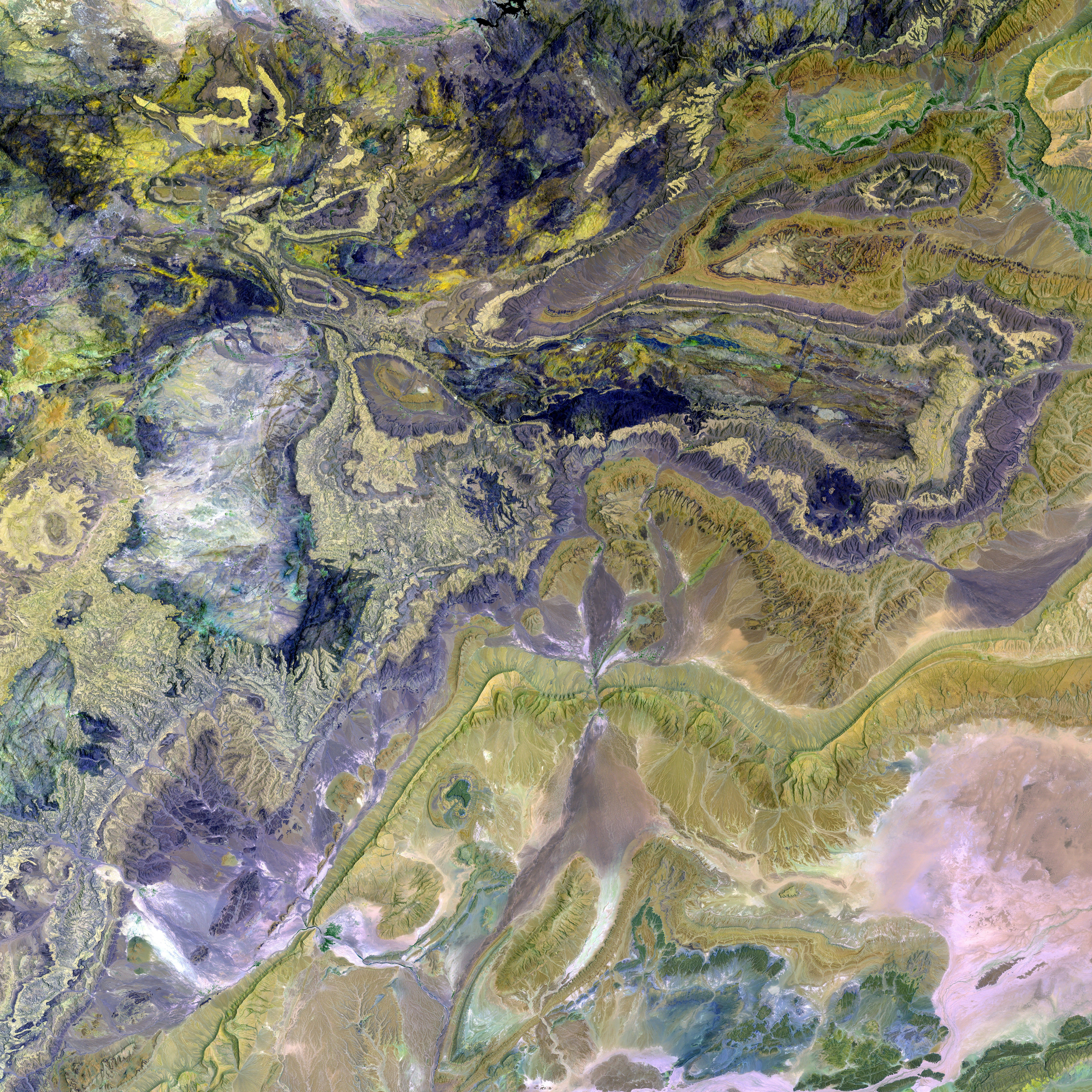AI Revolutionizing Classrooms: A New Education Landscape
Trump Proposes Integration of AI in K-12 Education Through New Executive Order
In the ever-evolving world we live in, schools across America face budget constraints, leaving basic amenities like pencils and paper out of reach. However, a new draft executive order could alter this landscape by focusing on harnessing the power of Artificial Intelligence (AI) in education.
Dubbed "Advancing AI Education for American Youth," the order aims to steep the nation's students and educators in the expanding AI arena by channeling federal funds towards the cultivation of "AI literacy" skills. The order recognizes AI as a game-changer, driving innovation across industries, enhancing productivity, and transforming how we live and work.
By prioritizing AI education, the Trump administration may be taking a direct shot at China, whose education ministry recently announced ambitious plans to integrate AI applications into textbooks and teaching curricula. The AI race between these global powerhouses is intensifying as both strive to maintain a lead in the AI sector, with China aiming to displace the United States as the leading global hegemon.
The order mandates the formation of a White House task force on AI education, boosted by members from the tech sector, including Michael Kratsios, director of the Office of Science and Technology Policy, and David Sacks, Trump's advisor on crypto and AI.
The task force is tasked with forging partnerships with industry, academia, and nonprofit groups to teach students the essential AI literacy and critical thinking skills. Moreover, existing federal funds such as grants earmarked for AI programs will be mobilized, and agencies have been instructed to prioritize spending on AI education. The education secretary, Linda McMahon, is expected to emphasize federal grant funding for the training of teachers to wield AI effectively for administrative tasks, teacher training, and evaluation. All educators would undergo professional development to integrate AI into all subjects.
The integration of 'AI' and 'critical thinking' could seem paradoxical, given their contrasting nature. In fact, a study by Microsoft and Carnegie Mellon University earlier this year revealed that those who trust AI assistants most were the least likely to critically evaluate their conclusions. Furthermore, new programmers often rely on coding bots to provide answers, potentially marginalizing vital knowledge necessary for debugging issues and crafting superior solutions. Platforms like X have seen users relying on chatbots to furnish counterarguments in debates without verifying the factual accuracy of their arguments.
If AI is implemented thoughtfully, it can be a boon to students by streamlining the sifting of vast data, translating old works, or personalizing learning tracks for individual students. However, given the reported tech-illiteracy among teachers and schools' struggle to manage digital distractions, implementing AI effectively might prove a challenge. This is particularly true given that most people still grapple with understanding how AI models function, or are deceived by the idea that they are "thinking" due to their human-like design.
The digital divide and the education secretary's confusion of AI with "A1" steak sauce serve as a stark reminder of the roadblocks that lie ahead. Nevertheless, the promising potential of AI to transform education is evident, and the journey is just beginning.
In the context of the AI Revolutionizing Classrooms, the White House task force on AI education, comprising members from the tech sector like Michael Kratsios and David Sacks, aims to foster partnerships with industry, academia, and nonprofit groups to teach students essential AI literacy skills and critical thinking.
The integration of AI in education could address challenges such as data sifting, translation, and personalized learning tracks, but concern arises from the tech-illiteracy among teachers and schools' struggle to manage digital distractions.
Given the paradoxical nature of AI and critical thinking, a recent study by Microsoft and Carnegie Mellon University revealed that those who trust AI assistants the most are the least likely to critically evaluate their conclusions.
The success of the AI education initiative is crucially dependent on overcoming challenges, including the digital divide, the education secretary's confusion of AI with "A1" steak sauce, and the need for teachers to gain a thorough understanding of AI models to effectively integrate them into teaching.








